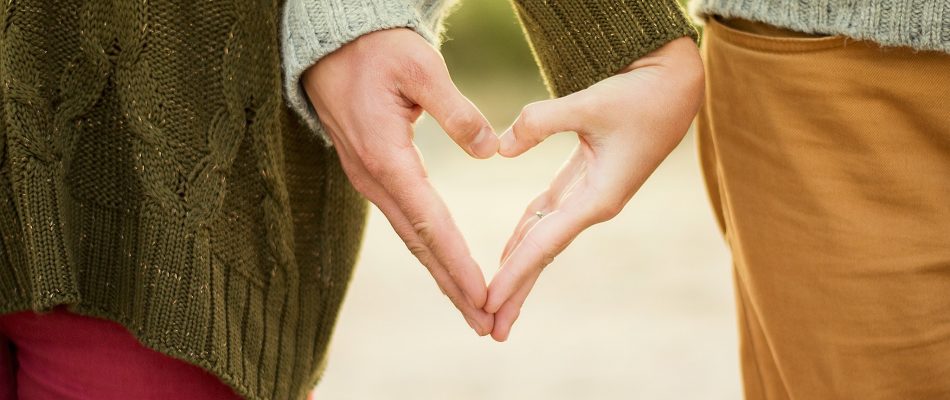We have a new home. And with it, all the attendant physical and emotional turmoil of moving at my age. I am surrounded by boxes, and tormented by the seemingly endless decisions to “keep” or “let go.” (Do I really still need the hand written notes from my doctoral dissertation? Apparently, yes, I do). One of the indelible memories of this move is the 2022 World Series playing in the background as we packed. A wonderful diversion from the chaos, our …
Category: Family
I’m hesitant to give “tips” for relationships. I’m asked fairly often to do so, but I find the notion of “tips” reductionistic – couples and families can be really complex. I tend to encourage clients to consider where they are in the family life cycle, and the challenges of the developmental tasks at hand. This involves generative conversations which give way to more nuanced, expansive thinking. But when I find such a concise and helpful piece of writing by …
I am generally loathe to provide “tips” about how to deal with family; my work more often underscores the nuance and complexity of relationships. But I wrote this piece over a decade ago, and I think it stands the test of time. Family Therapy for the Holidays Each year around this time, conversations with clients turn to the predictable stress of time with family over the holidays. Like ghosts in the night, old issues, long dormant, reappear at holiday time. …
One of the conflicts most often brought to my office is about the division of labor in the family. Pain and resentment can accumulate and run deep over who does what around the home, and with the children. Partners can feel devalued, and taken advantage of. Particularly with both partners working outside of the home, the question arises: What does it take to make a family household run? Some years ago, I became aware of the notions of physical labor …
I haven’t been able to post for a while because, well, I’ve been busy. And, truthfully, somewhat overwhelmed. At the outset of the pandemic I quipped that “Apparently, couples and families are not meant to be quarantined together, for undetermined amounts of time.” Like many I kept thinking it would be over……soon? (Remember the 2 week ‘lockdown?’) COVID 19 has wreaked havoc with our lives this past year; it is hard to fathom so much change, so much loss. The …
Colleagues and I discuss how never to have a conversation, and the toxic nature of communication in this week’s presidential debate. Read the full article from The Atlantic: https://www.theatlantic.com/family/archive/2020/09/trump-biden-debate-communication/616553/ …
Today I read one of the most helpful articles on dealing with COVID 19 in The Harvard Business Review. Staff’s shared reflections about their collective “queasy, anxious” feelings lead to an interview with noted expert on grief, David Kessler. This is a time to overprotect but not overreact. Kessler, the author of Finding Meaning: the Sixth Stage of Grief and founder of grief.com shares his thoughts about why it is so important to acknowledge and name what we’re feeling as …
I’m sharing this terrific article by Jennifer Senior in today’s NY Times on negotiating issues around the coronavirus and how this process exposes the inevitable “power struggle” inherent in relationships. The author’s summation, “remember, you both are right,” lays bare this dynamic, and she shares some spot on advice. Senior goes to noted couples therapist Esther Perel for her take on the situation: “If you polarize and you think that there’s only one way to do things,” she said, “it’s …
In the not too distant past, the notion of a gay marriage or family was, more or less, an oxymoron. The field of Couple and Family Therapy has evolved over time to critique the heteronormative values and assumptions applied to LGBTQ couples and families. We celebrate and nurture queer youth , and cultivate pride and joy with transgender youth and their families. A wonderful addition to this body of work is summarized in Stephanie Coontz’s OpEd in last week’s Sunday Times, …
Being a systemic therapist requires ongoing analysis of the ways in which power dynamics organize and shape the life-long relational dances in couples and families. Experiences of privilege and marginalization in the cultural landscape are critical to the daily lived experience of our clients, and impact their relationships in profound ways. In working with our Psychiatry residents at Penn, I welcome writing that fosters clarity about the influence of these complex, often silenced, aspects of power. Once again, my friend …






